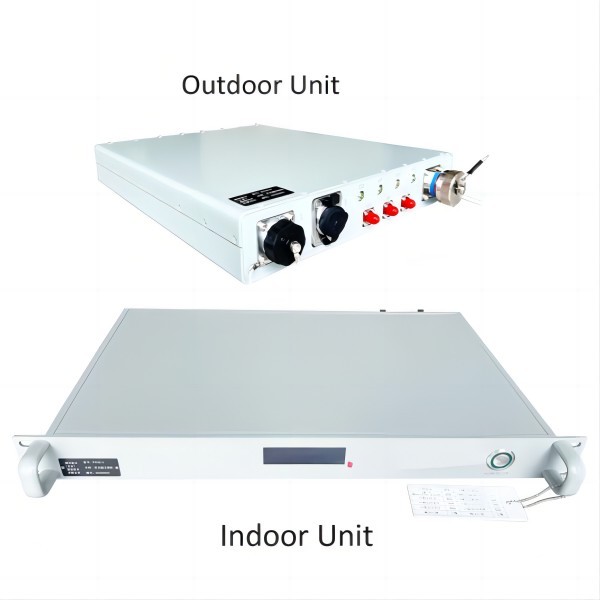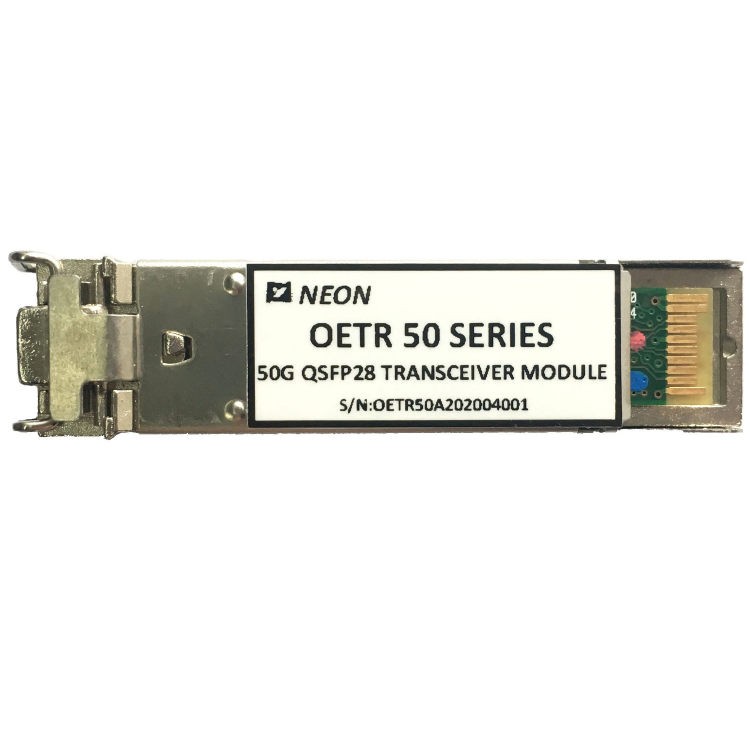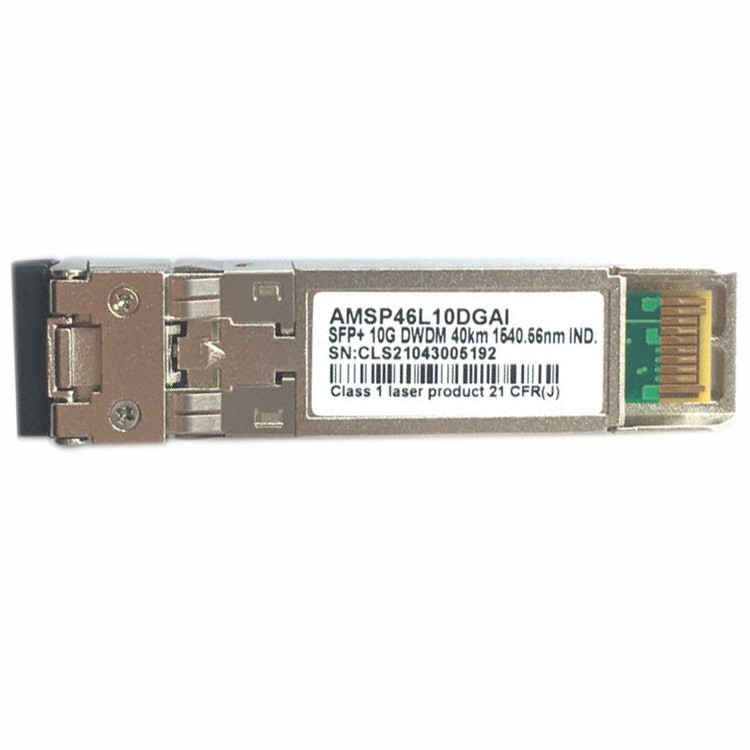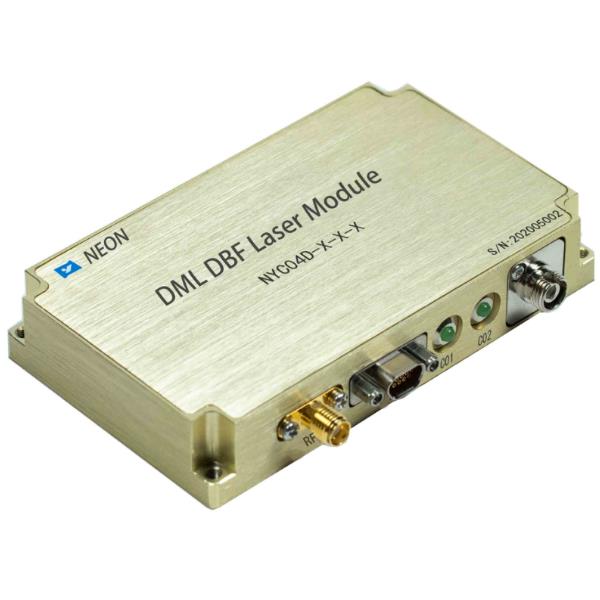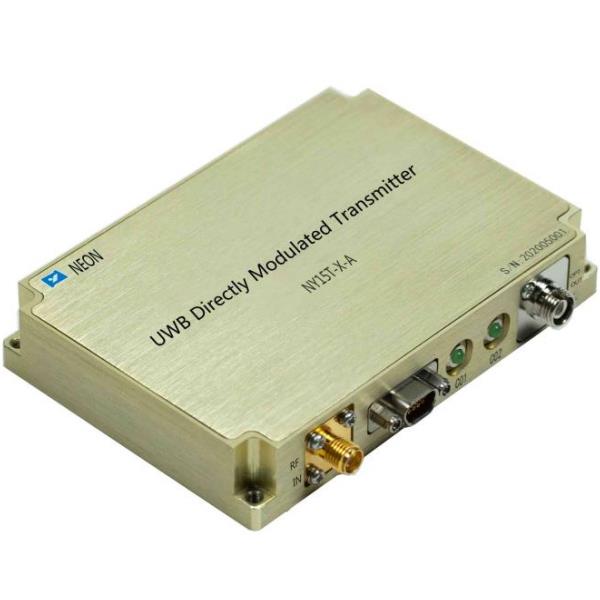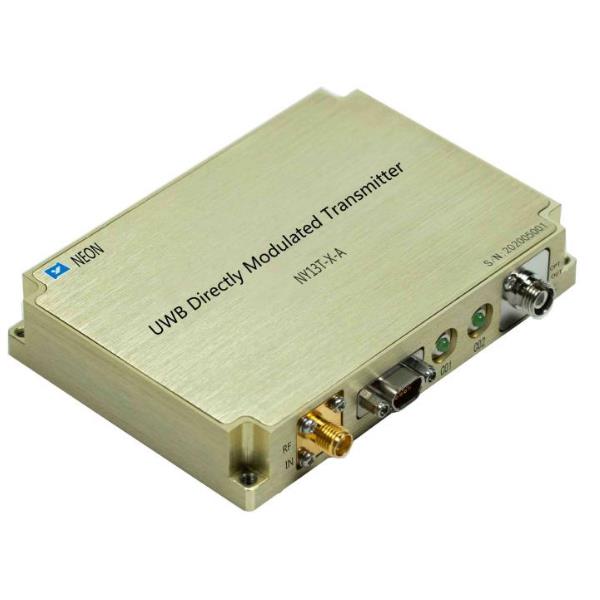Everything You Need to Know About SFP Transceivers
An optical transceiver is a vital device that facilitates the conversion of electrical signals into optical signals and vice versa. Optical transceivers find applications in various domains such as data centers, telecommunications networks, enterprise networks, and industrial networks. Among these optical transceivers, SFP transceivers, or Small Form-Factor Pluggable transceivers, stand out due to their compact size and hot-swappable capabilities. This article explores the significance of optical transceivers, the unique features of SFP transceivers, and the role of SFP transceiver manufacturers in the networking industry.
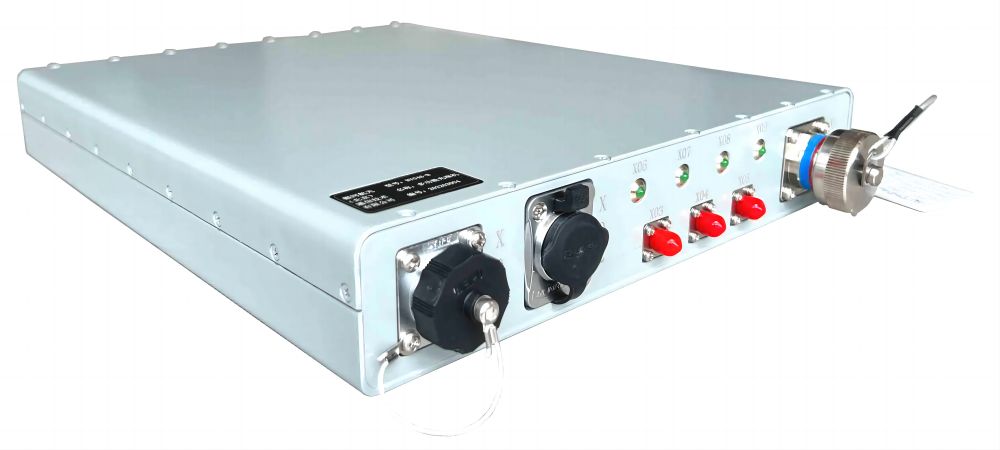
What are Optical Transceivers and SFP Transceivers?
Optical transceivers are devices that convert electrical signals to optical signals and vice versa. They are used in a variety of applications, including data centers, telecommunications networks, enterprise networks, and industrial networks.
SFP transceivers (Small Form-Factor pluggable) are a type of optical transceiver that is known for its compact size and hot-swappable capabilities. They are available in a variety of wavelength options and data rates, making them suitable for a wide range of applications.
What are the Types of Optical Transceivers?
Optical transceivers can be classified by wavelength, data rate, and form factor.
Wavelength
Optical transceivers are available in a variety of wavelength options, including:
- 1310nm: 1310nm transceivers are commonly used for short-haul applications, up to 10km.
- 1550nm: 1550nm transceivers are commonly used for long-haul applications, up to 120km.
Data Rate
Optical transceivers are available in a variety of data rates, including:
- 1Gbps: 1Gbps transceivers are commonly used for Gigabit Ethernet applications.
- 10Gbps: 10Gbps transceivers are commonly used for 10 Gigabit Ethernet applications.
- 40Gbps: 40Gbps transceivers are commonly used for 40 Gigabit Ethernet applications.
- 100Gbps: 100Gbps transceivers are commonly used for 100 Gigabit Ethernet applications.
Form Factor
Optical transceivers are available in a variety of form factors, including:
- SFP: SFP transceivers are the most common type of optical transceiver. SFP transceivers are small and compact, making them ideal for use in tight spaces.
- SFP+: SFP+ transceivers are similar to SFP transceivers, but they offer higher data rates.
- QSFP+: QSFP+ transceivers are four-lane transceivers that offer even higher data rates than SFP+ transceivers.
- QSFP28: QSFP28 transceivers are eight-lane transceivers that offer the highest data rates of any optical transceiver form factor.
Why are SFP Transceivers Important?
SFP transceivers are important because they offer a number of advantages over other types of optical transceivers, including:
- Compact size: SFP transceivers are smaller than other types of optical transceivers, such as GBIC transceivers. This makes them ideal for use in tight spaces, such as data center racks.
- Hot-swappable: SFP transceivers can be hot-swapped, meaning that they can be replaced without having to power down the network device. This can save time and downtime in the event of a transceiver failure.
- Versatility: SFP transceivers are available in a variety of wavelength options and data rates, making them suitable for a wide range of applications.
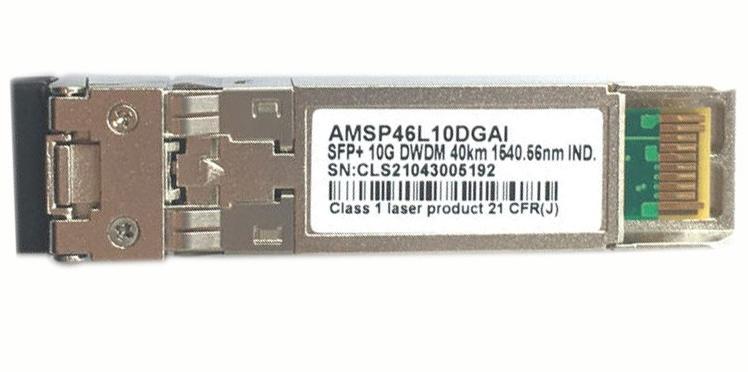
What are the Features of SFP Transceivers?
SFP transceivers offer a number of features, including:
- Hot-swappable: SFP transceivers can be hot-swapped, meaning that they can be replaced without having to power down the network device. This can save time and downtime in the event of a transceiver failure.
- Compact size: SFP transceivers are smaller than other types of optical transceivers, such as GBIC transceivers. This makes them ideal for use in tight spaces, such as data center racks.
- Versatility: SFP transceivers are available in a variety of wavelength options and data rates, making them suitable for a wide range of applications.
- Reliability: SFP transceivers are designed to be highly reliable, with low failure rates.
- Affordability: SFP transceivers are relatively affordable, making them a cost-effective solution for a variety of networking applications.
What are the Applications of SFP Transceivers?
SFP transceivers are used in a variety of applications, including:
- Data centers: SFP transceivers are commonly used to connect servers and switches in data centers.
- Telecommunications networks: SFP transceivers are commonly used to connect routers and switches in telecommunications networks.
- Enterprise networks: SFP transceivers are commonly used to connect switches and other network devices in enterprise networks.
- Industrial networks: SFP transceivers are commonly used to connect industrial automation devices, such as PLCs and SCADA systems.
Who are the Major SFP Transceiver Manufacturers?
There are a number of major SFP transceiver manufacturers, including:
- NEON
- Huawei
- Cisco
NEON is a leading manufacturer of SFP transceivers. NEON’s SFP transceivers are known for their high quality, reliability, and affordability. Here are three reasons why you should choose NEON’s SFP transceivers:
- Wide range of products: NEON offers a wide range of SFP transceivers, including SFP transceivers for different wavelength options, data rates, and form factors. This makes it easy to find the right SFP transceiver for your needs.
- Competitive pricing: NEON’s SFP transceivers are competitively priced, making them a good value for your money.
- Excellent customer support: NEON offers excellent customer support. If you have any questions or problems with your NEON SFP transceivers, NEON’s customer support team is available to help you.
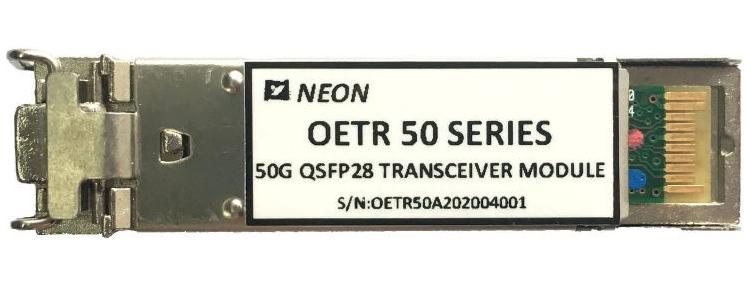
Conclusion
Optical transceivers, especially SFP transceivers, are pivotal components in the networking industry. They enable high-speed, long-distance data transmission and bridge different network types. SFP transceiver manufacturers, like NEON, play a crucial role in ensuring the development and production of SFP transceivers that meet industry standards and are compatible with a wide range of network devices.


